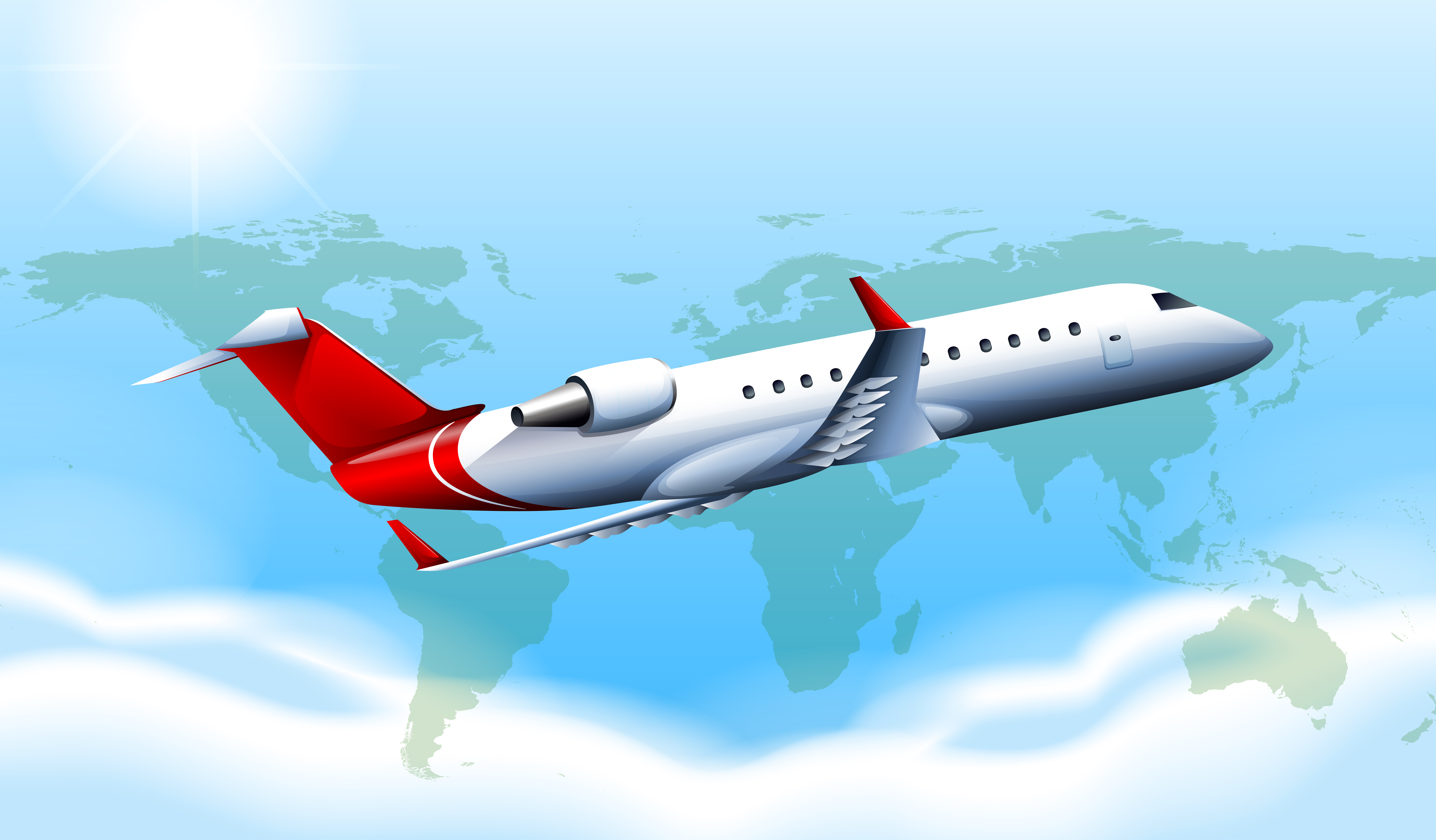Aerospace Advancements: The Role of Emerging Technologies in Redefining Air Travel in the Middle East

The transformation of society through technology advancement is something that is highly evident. The same goes for the aerospace sector, which is rapidly advancing as well. Emerging technologies in the region of the Middle East which is a strategically situated area and a growing region with ambitious development plans are changing the air travel industry. From intelligent airports to biofuels, the air travel experience in this region will be about more than just effectiveness, but the entire journey in itself. In this article, we will discuss the new technologies that are helping to push the boundaries of aerospace progress in the Middle East.
At the present time, the most notable evolution in aviation is the proliferation of AI and machine learning systems into different operational processes. AI applications are on the increase in the aviation sector as airlines and airports try to provide better services and manage flights better. Smart AI chatbots are taking over customers’ queries for example, and giving people instant responses in an automated fashion. Such a transition improves operating efficiency, alleviating the need for customer agents to engage with the most basic of tasks, enabling them to deal with more intricate concerns.
Also, passengers' input is actively used to manage the flow of passengers and airport resources because the algorithms are trained to forecast the demand with high probability. As such, historical and present data helps them recognize busier times and reorganize staff and services to match them. Such forward-looking practices reduce the average waiting time and improve the travel experience over time and comfort to the degree that would make everything more convenient.
The enviable routine and the next critical technology that is shaping the future of aviation industries is the Internet of Things (IoT). With the rise of connected devices, airports have adopted IoT in their routine operations. From monitoring the movement of bags to controlling the light and energy, IoT applications are bringing about great improvements to airport functions. For instance, global positioning smart baggage management systems allow travelers to be updated in seconds, instilling some confidence of not losing the bag and like such very smooth travel.
Sustainable aviation technologies also have a lot of acclaim in the Middle East. There is a global awareness of climate issues and the aviation industry is expected to become greener even to a small extent. The realm of sustainable aviation fuels (SAF) is critical in that respect. Compared to common aviation fuels, SAF provides a huge increase in reduction of greenhouse gas emissions as they come from renewable resources. A number of Middle Eastern carriers are participating in the quest for SAF so that it will be possible to emit less pollution.
In addition, aircraft design also progresses towards sustainability. Newer and more efficient engines are broadening avenues in the world of aviation. In order to reduce the carbon footprints of flights, new designs of composite materials and advanced aerodynamics can be employed. As the region actively seeks the top position in the field of sustainable air travel, there is a need to comply with the regulatory framework, so these advancements are key.
Especially, expansion of urban air mobility (UAM) has gained momentum in the Middle East together with sustainability. When built-up areas grow bigger and larger cities become more crowded, the idea of flying taxis, drones, etcpheres is no longer fiction or fantasy. The companies in this region aim at developing eVTOL planes for fast and effective transportation in the skies. Such technology is still in its early days, but the potential to transform the urban landscape as we know it is unprecedented in terms of decreasing commuting time and taking stress off current systems.
Moreover, positive effects have been experienced due to application of augmented and virtual reality (AR and VR) technologies for processes of training and operational tasks within the aerospace industry. Pilots and other crew members are recommended to improve their skills with VR simulations that help for preparation for different situations within the strict environment. Such a method of training always leads to the two birds being killed with one stone – the level of preparedness is enhanced and the dangers involved during the actual training sessions are also significantly reduced.
Looking ahead, the Middle East is poised on the brink of a grand change in the aviation industry. The region is ready for a new wave of technological growth, owing to sustained investments in R&D and a drive towards creativity. Be it intelligent airports, eco-friendly fuel or the concept of aerial taxis, the region is changing the very definition of air travel.
To sum up, the impact of various innovative technological solutions on reshaping the scope of air travel in the Middle East cannot be underestimated. There is hope that as such technologies are adopted, it will be possible to make air travel more intelligent, secure and environmentally sustainable. For air travelers, this does not only suggest moving from point A to point B, but also limits the adverse effects of air travel in terms of its efficiency as well as customer satisfaction. The airspace of the Middle East is more than an aerodrome; it is a vision of a future where transportation and technology coexist in an effortless manner.



